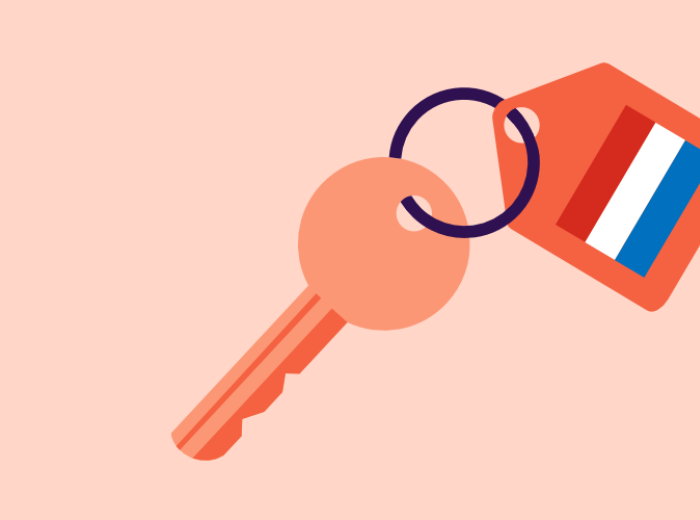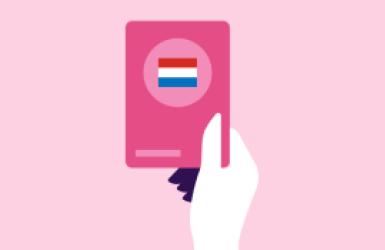I’m very happy here. We are married and expecting a baby.
Jazmarae
Lees het verhaal chevron-right
Worldwide, around 100 million people are displaced. A small proportion of these people come to the Netherlands and apply to us for asylum. We assess whether these asylum seekers can receive protection.
What is it like to work as an asylum officer at the IND? These employees explain.
Sometimes, an applicant is in such an awful situation that the person can be eligible for a residence permit because of that situation. In case of such a ‘harrowing situation’, the Managing Director of the IND can still choose to grant a residence…

The IND assesses whether a person who applies for a residence permit in our country is entitled to it. Anyone from outside the EU who would like to settle in the Netherlands can submit such an application. People do this, for example, because they…

Students from outside the European Union who want to study at a university of applied sciences or academic university in the Netherlands need a residence permit for study purposes (student residence permit). Each year the IND grants thousands of…

Coming to the Netherlands for a great job or interesting studies. Find out more about the application process.

Becoming a family with someone who is already living here. Find out more about the special ‘love’ permit.

Becoming Dutch officially and then applying for a passport. Find out more about naturalisation or option.